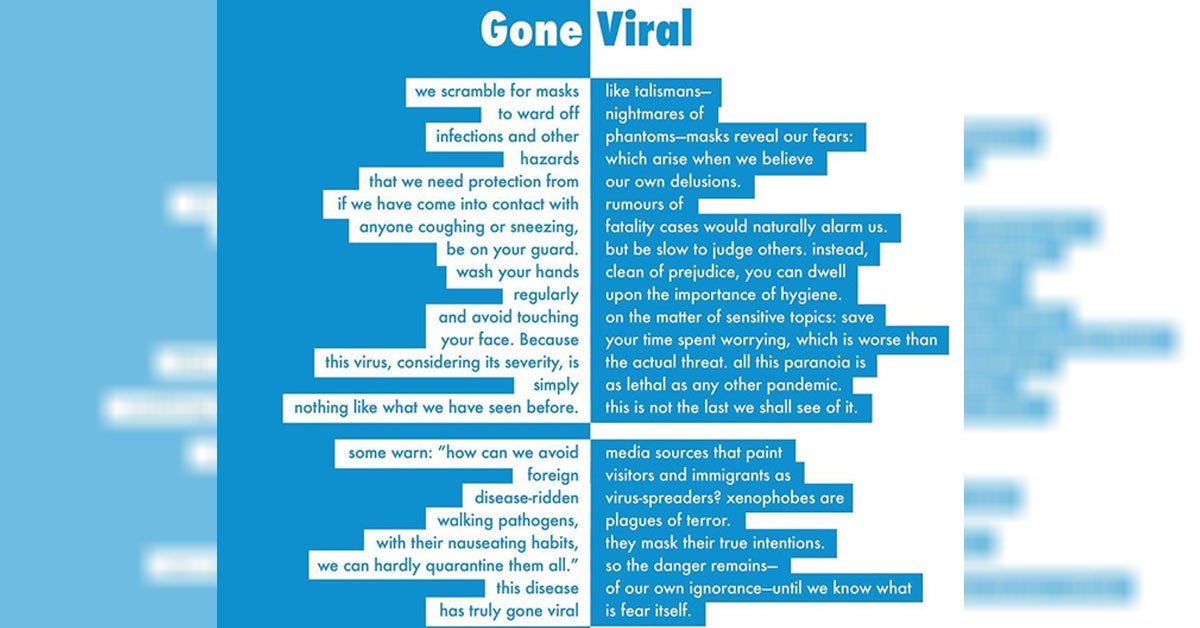The Malaysia lockdown, or technically known as the “Restricted Movement Order”, is definitely going to affect Singapore drastically.
While the authorities have mentioned that supplies of daily essentials won’t be affected, people in Singapore still headed down to supermarkets late last night to hoard daily essentials, afraid that produce from Malaysia would be cut off.
The authorities have reassured Singapore that we have enough stockpiled for months, so the two-week lockdown isn’t going to cause holes in shelves—though I’d think that the problem is psychological instead of real scarcity.
But there’s one more major problem to be tackled: the people coming in to Singapore from JB to work daily.
300,000 People Cross the Causeway Every Day to Work in Singapore

Previously, with new travel restrictions imposed in Singapore, anyone who comes in from Malaysia would need to fulfil a 14-day stay-home notice.
But that is exempted for people coming in from Malaysia via land or sea, primarily because about 300,000 people who work or study in Singapore stay in JB.
That is, of course, the reason why the Causeway is always congested during peak hours.
So, with the new Malaysia lockdown, what’s going to happen to the 300,000 people?
Needless to say, removing this number of workers from the Singapore workforce is going to be disastrous and extremely disruptive in Singapore.
So far, the Malaysia authorities haven’t updated us on whether there would be exceptions for this group of people.
But Singapore is ready for any move.
Providing Accommodation in Singapore for Malaysians
For a start, Minister for Trade and Industry Chan Chun Sing has advised businesses that have Malaysian workers who commute from JB to Singapore daily to “activate their Business Continuity Plans”.
Simi is Business Continuity Plan, you ask.
It’s a system that should have been planned by businesses to deal with potential unforeseen threats, so that a business can continue running even during a disaster.
But honestly speaking, do you think a caipng stall would have one?
With such uncertainty, employers of such workers have requested for temporary accommodation for these workers. After all, if they stay in Singapore, they can continue to work in Singapore…though they’d have to spend Singapore dollars lah, the very thing that made them stay in JB instead of Singapore.
Mr Chan said, “During this period, our economic agencies are working with the companies, dormitory operators and hotels, to provide options for the companies
“So companies who need help, for their workers’ accommodation can contact economic agencies, and also work with their trade associations.”
In other words, yes: the current solution is to let these workers stay in Singapore for at least two weeks so that they can continue working here.
But remember: the situation is fluid. Maybe Malaysia would do what Singapore did eventually: to allow an exception for land and sea transport. Maybe the lockdown will end tomorrow even when it should have started tomorrow.
Who knows.
Everything is moving so fast that I didn’t even realise China has already won the fight against COVID-19.
Join our telegram channel for more entertaining and informative articles at https://t.me/goodyfeedsg or download the Goody Feed app here: https://goodyfeed.com/app/



